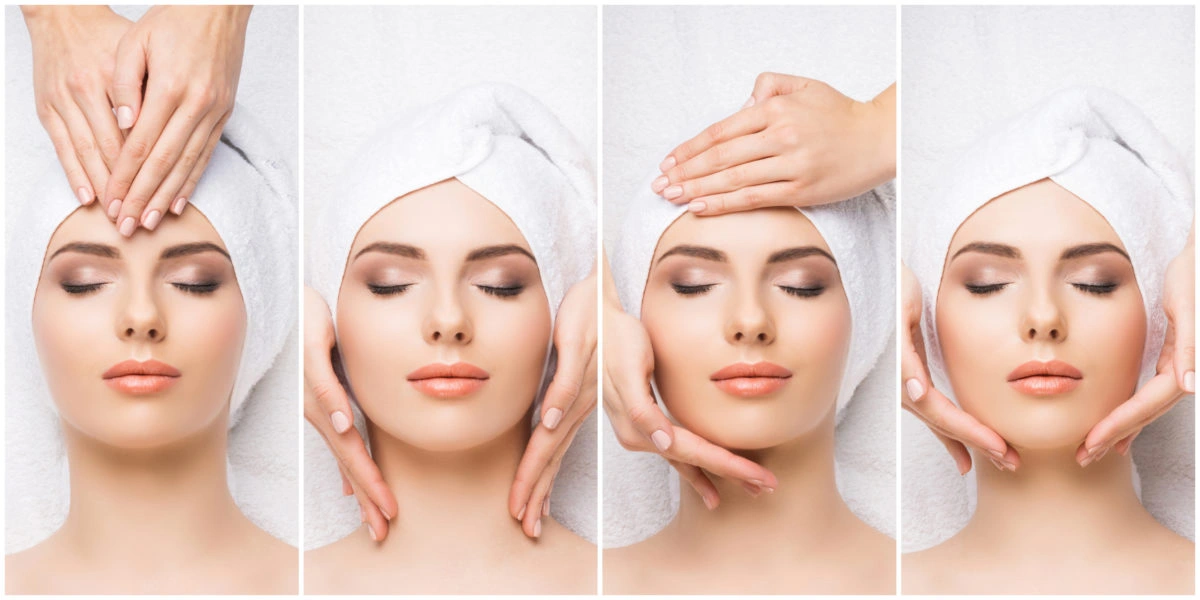Ever feel that your smile isn’t as bright as it used to be? Wish you could laugh without feeling self-conscious? Coffee, tea, or everyday life has left your teeth dull. A confident smile can light up a room, but yellowing teeth can hold you back. To overcome such issues, there is a solution called Teeth Whitening. Teeth Whitening in Jeddah is an ideal treatment for individuals looking to restore their bright smile and gums.
Teeth Whitening in Jeddah, Riyadh, Saudi Arabia, is a popular cosmetic dental procedure that can help remove stains and discoloration, leaving your teeth looking their best. Stick with the guide to learn more about the treatment, i.e., how it works, who can get it, benefits, and the results.
Teeth Whitening in Jeddah, Riyadh, Saudi Arabia, is a cosmetic dental procedure that removes stains and discolouration from teeth and brightens them. It is considered an outpatient treatment because it can be done at a dentist’s clinic quickly. The Teeth Whitening procedure involves peroxide-based bleaching that eliminates stains caused by coffee, tea, or stained foods.
Dentists prefer to bleach your teeth for a specific period because the stronger the bleaching agents, the brighter the teeth will whiten. However, it is always noticeable that dentists put bleaching agents on for a shorter time to avoid tooth sensitivity and dehydration. There are some alternative options to bleaching, i.e., LED Light System. The procedure restores the teeth-whitening effects and regains your confidence.
Teeth can lose their pearly white shine due to various factors, leading to a yellow or discolored appearance. Here are two leading causes of yellow or discolored teeth:
Surface stains that impact a tooth’s enamel, or outermost layer, are known as extrinsic stains. Pigments from routine activities, including eating, drinking, and smoking, are the cause of them. Among the frequent reasons for external stains are:
Stains that appear on the dentin beneath the surface of a tooth are known as intrinsic stains. They are more challenging to eradicate because they are located deeper within the tooth than external stains. Causes of intrinsic stains include:
Teeth Whitening is a dental procedure performed by an outpatient in a dental clinic. Before getting a Teeth Whitening procedure, remember it’s not for everyone. Any individual can get Teeth Whitening treatment as long as they;
Teeth whitening offers a range of cosmetic and potential oral health benefits, making it a desirable procedure for many individuals. Some of the key benefits include;
The most common goal of teeth whitening is to achieve a whiter and brighter smile. It removes stains from food, beverages, and tobacco use, which can dull teeth’ appearance. Teeth whitening can help to remove these stains and restore a bright, white smile. A white smile can boost confidence and self-esteem. People who are happy with their smile are likelier to smile often, making them appear more approachable and friendly.
The effects of teeth whitening are not permanent. Staining can gradually return over time. Discuss touch-up treatment options with your dentist to maintain your desired level of whiteness.
Teeth whitening works by utilizing the power of bleaching agents to combat discoloration and achieve a brighter smile. Dentists use concentrated peroxide gels (often 15-43%) activated by light or laser. This combination enhances the penetration of the bleach and speeds up the breakdown of stain molecules. It also delivers faster and more dramatic results, typically in one visit.
Remember, teeth whitening is a chemical process. While generally safe when used correctly, consulting a dentist beforehand is essential to ensure the treatment is appropriate for your unique situation and to avoid potential complications. A dentist can assess your suitability for whitening, recommend the safest and most effective method, and monitor your progress.
Here are some pre-treatment care recommendations before undergoing Teeth Whitening:
Here’s a general overview of what to expect during the procedure:
Following proper post-treatment care is crucial to maintain your newly brightened smile and prevent any potential complications after teeth whitening. Some key recommendations include:
The longevity of teeth whitening offers the longest-lasting results, potentially lasting up to 1-3 years with proper care. The higher concentration of peroxide and dentist supervision contribute to a more substantial whitening effect that takes longer to fade. Consumption of staining foods and beverages like coffee, tea, red wine, and dark-colored fruits can significantly accelerate the return of stains and shorten the whitening effects.
Teeth whitening is a safe and popular cosmetic dental procedure that can brighten your smile. However, like any medical treatment, there are potential risks and side effects associated with teeth whitening.
The most common side effects of teeth whitening are:
The cost for Teeth Whitening in Jeddah, Riyadh, Saudi Arabia, ranges from SAR 99 to SAR 999, with an average price of SAR 399. The final cost of Teeth Cleaning and Whitening depends on several factors, including the treatment area, the type of procedure, the surgeon’s expertise and experience, and clinic location.
In Jeddah, & Riyadh, Saudi Arabia, the average cost of Teeth Whitening is SAR 999, ranging from SAR 599 to SAR 999.
With proper care and precaution, patients should not feel pain during teeth whitening procedures. In some cases, tooth sensitivity or gum irritation can occur when the bleaching solution is applied for too long.
Typically, you will begin to see results some weeks after the procedure. And depending on how you care for your teeth, the result can last as long as six months to three years after the procedure. Teeth Whitening Tip: The results from the procedure and its duration vary from one person to another.
Are you tired of dealing with stained or discolored teeth? Look for our cosmetic clinic in Jeddah for the best teeth whitening treatment! Our professional and experienced team is dedicated to helping you achieve a brighter and more confident smile. We provide safe and effective teeth whitening solutions tailored to your needs using the latest technology and techniques. Contact us today to schedule your appointment, and let us help you achieve the smile of your dreams.
Tags:
Teeth Whitening
Facials are the best treatment you can give your face, but they must be relaxing

People love to keep themselves well-maintained and aesthetically fit, but someti

The world of tasty food is evolving, and so are foodies. Only eating and enjoyin